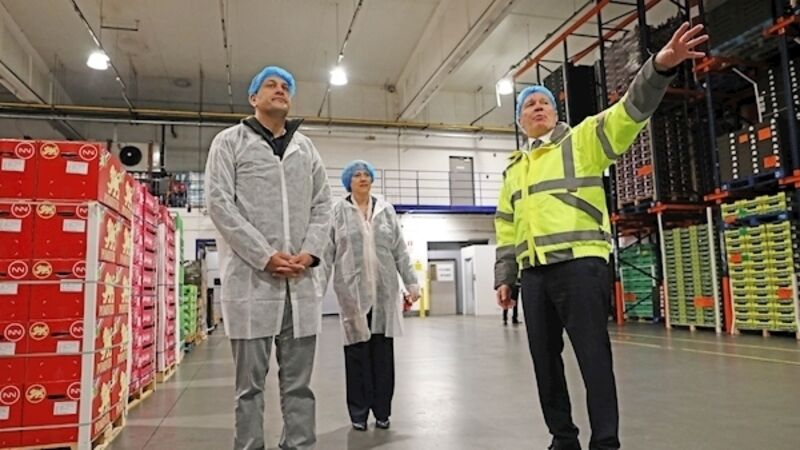It is time to support Ireland's food producers

The supply chain of food and beverages can and must be preserved intact so that it can continue to feed the population, writes
The supply chain of food and beverages can and must be preserved intact so that it can continue to feed the population, writes













